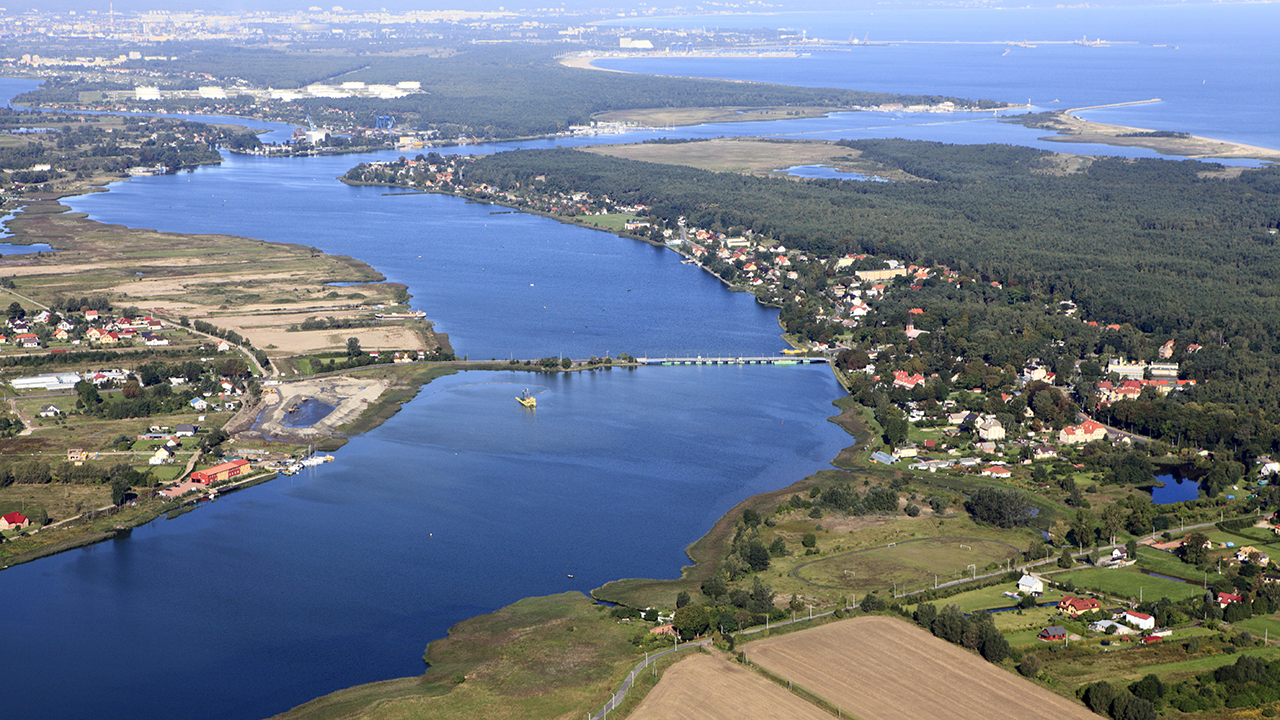
The problem of world hunger is mounting, with 821 million (or about one in every nine) people affected in 2017, according to a new United Nations report on food security. Add to that the swelling global population, and the demand for a sustainable and secure food supply will only become more pressing as time goes on.
An interdisciplinary team of University of Minnesota researchers is working to develop new machine learning techniques that can help guide decision-making around food production and other urgent issues related to agriculture and the environment. Machine learning—where computers “learn” from the data they collect without the need for additional programming—allows researchers to analyze information from many sources recorded across time and space to study how natural processes and human activities affect the planet’s physical landscape and environment. Better machine learning techniques can boost our ability to address global challenges related to climate, land use, natural resources, and food production.
The research, funded by a three-year, $1.43 million grant awarded this month from the National Science Foundation, brings together experts from the University’s College of Science and Engineering (CSE); College of Food, Agricultural, and Natural Resource Sciences (CFANS); and Minnesota Supercomputing Institute (MSI). The project aligns with the focus of larger research endeavors at the University, including the Grand Challenges Research Initiative—which includes an emphasis on sustainable ecosystems and feeding the world sustainably—as well as MnDRIVE Global Food Ventures.
Vipin Kumar, Ph.D., Regents Professor and William Norris Endowed Chair of computer science and engineering in CSE, leads the project as principal investigator (PI), alongside co-PIs James Wilgenbusch, Ph.D., associate director of MSI, and Philip Pardey, Ph.D., professor of applied economics and director of global research strategy in CFANS.
The techniques the team will develop aim to use enormous amounts of data collected from satellites orbiting the Earth. “Big data” analytics can provide timely information about the productivity of agricultural land, the changing location of crop production, the conversion of forest to farmland or plantations, the loss of productive farmland to urbanization, and soil and water degradation.
Two external collaborators on the project—the Nature Conservancy, a nonprofit environmental organization, and DC Water, the water and sewer utility company for Washington, D.C.—will help the U researchers evaluate how effective the new machine learning techniques are.
See the news release to learn more.
A Comprehensive Approach to Data
Monitoring global change is one example of the University’s larger strength in using big data analytics to drive innovation in the areas of food and agriculture.
At the heart of these capabilities is the GEMS platform—named for the way it weaves together genomic, environmental, management, and socioeconomic data into a single platform. The platform, designed by CFANS and MSI researchers and funded in part by MnDRIVE, is leading the way in developing and deploying data sharing and analytics tools that can forge new collaborations in food and agriculture across the public and private sectors.
The GEMS platform’s ability to work with multiple types of data provides the opportunity for more complex analysis, which can guide decision-making in areas like responding to emerging diseases, developing sustainable farming practices, and increasing the efficiency of natural resource use. Its comprehensive analysis can help foster economically and ecologically sustainable growth in the food and agriculture sectors on the state, national, and international levels.
The GEMS team works with specialists in food, agriculture, remote sensing, high-throughput sensing, and machine learning within a growing network of public and private partners worldwide.
Learn about some of the projects supported by GEMS.